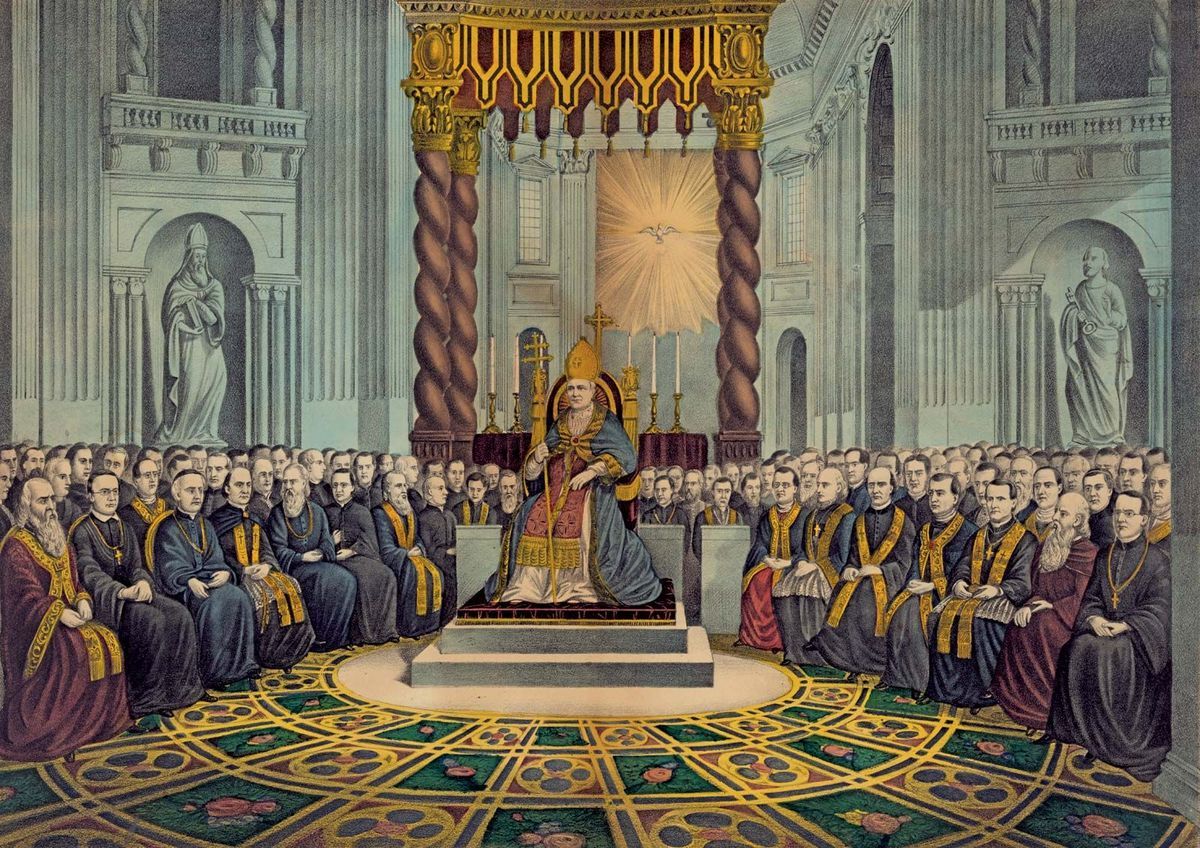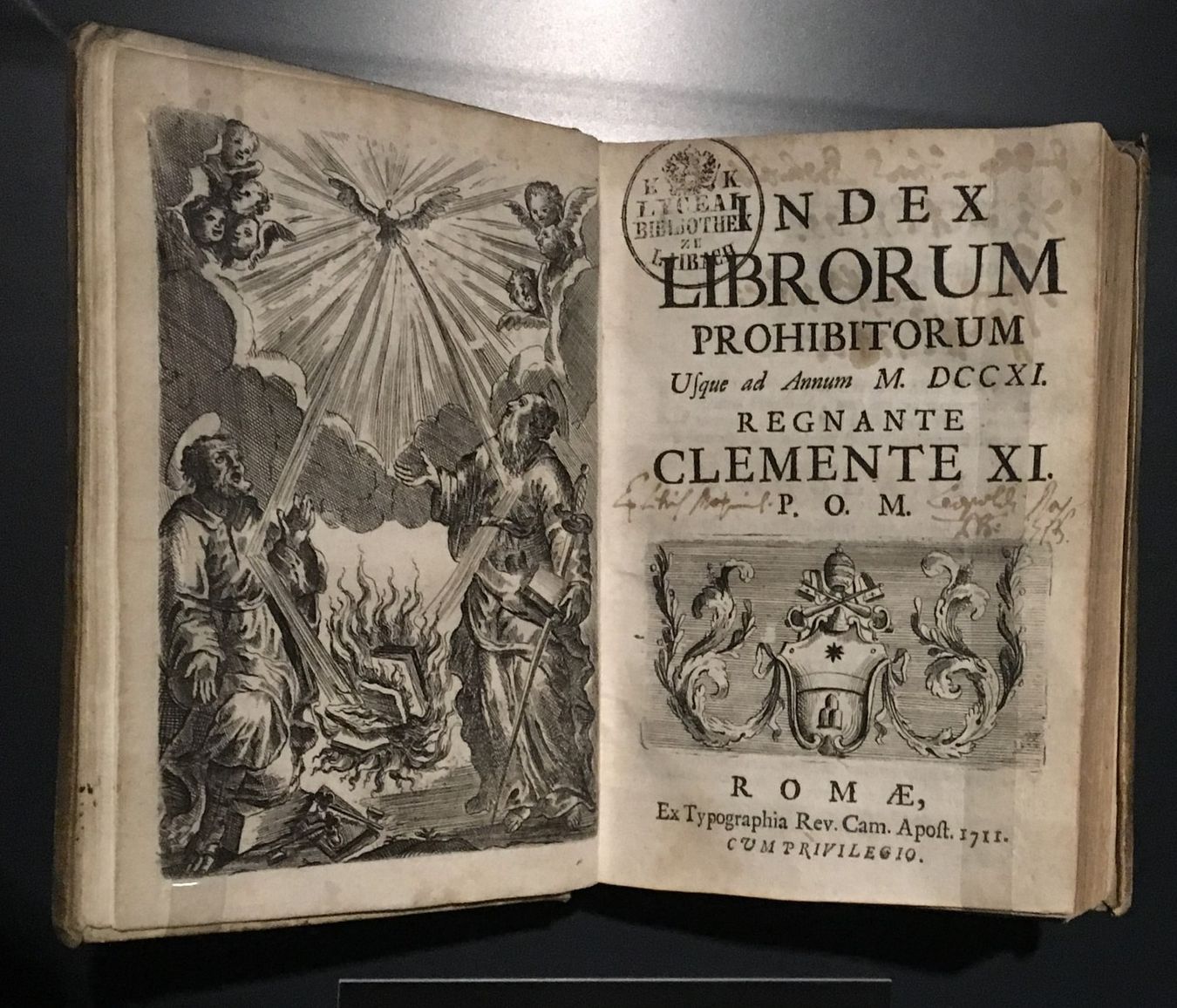
What was the First Vatican Council? The First Vatican Council was a significant assembly of Roman Catholic Church leaders held from 1869 to 1870. This council, convened by Pope Pius IX, aimed to address issues of church doctrine and authority. One of its most notable outcomes was the definition of papal infallibility, which states that the Pope is incapable of error when proclaiming doctrines of faith and morals. This council also sought to strengthen the central authority of the Pope over the global church. Held in St. Peter's Basilica in Vatican City, the council marked a pivotal moment in church history, shaping modern Catholicism.
The First Vatican Council: An Overview
The First Vatican Council was a significant event in the history of the Catholic Church. Held in the 19th century, it addressed various theological and doctrinal issues. Here are some fascinating facts about this historic council.
- The First Vatican Council was convened by Pope Pius IX in 1869.
- It took place in St. Peter's Basilica in Vatican City.
- The council lasted from December 8, 1869, to September 20, 1870.
- Over 700 bishops from around the world attended the council.
- The primary purpose was to address the challenges posed by modernity and rationalism.
Key Doctrines and Decrees
The council is best known for its significant doctrinal declarations. These decrees have had a lasting impact on the Catholic Church.
- One of the most famous decrees was the doctrine of Papal Infallibility.
- Papal Infallibility means that the Pope is incapable of error when proclaiming doctrines of faith and morals.
- The council also addressed the relationship between faith and reason.
- It emphasized the importance of revelation and the authority of the Church in interpreting it.
- The council condemned various modern philosophical ideas that were seen as contrary to Catholic doctrine.
Historical Context and Impact
Understanding the historical context of the First Vatican Council helps to appreciate its significance.
- The council was held during a time of political upheaval in Europe.
- The unification of Italy was taking place, which affected the Papal States.
- The council was interrupted by the outbreak of the Franco-Prussian War.
- The Italian army entered Rome in 1870, leading to the suspension of the council.
- Despite its suspension, the decrees of the council were still considered valid.
Controversies and Reactions
The First Vatican Council was not without its controversies. Various reactions from different quarters highlighted the contentious nature of some of its decisions.
- The doctrine of Papal Infallibility was particularly controversial.
- Some bishops and theologians opposed the doctrine, fearing it would centralize too much power in the papacy.
- The council's decisions led to the formation of the Old Catholic Church, which rejected Papal Infallibility.
- Despite the controversies, the council strengthened the central authority of the Pope.
- The council's decrees continue to influence the Catholic Church to this day.
Final Glimpse at the First Vatican Council
The First Vatican Council left a lasting mark on the Catholic Church. It defined the doctrine of papal infallibility, which means the Pope is free from error when speaking on matters of faith and morals. This council also addressed the relationship between faith and reason, emphasizing that they complement each other. Held from 1869 to 1870, it was the first council since the Council of Trent in the 16th century. Despite political upheavals, the council managed to convene and make significant decisions. Its impact is still felt today, shaping modern Catholicism. Understanding these facts gives insight into the church's history and its theological foundations. Whether you're a history buff or just curious, the First Vatican Council offers a fascinating glimpse into a pivotal moment in religious history.
Was this page helpful?
Our commitment to delivering trustworthy and engaging content is at the heart of what we do. Each fact on our site is contributed by real users like you, bringing a wealth of diverse insights and information. To ensure the highest standards of accuracy and reliability, our dedicated editors meticulously review each submission. This process guarantees that the facts we share are not only fascinating but also credible. Trust in our commitment to quality and authenticity as you explore and learn with us.


